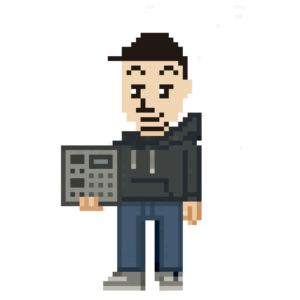Your cart is currently empty!
Who owns the copyright of music created using AI?

When music is generated using AI, the copyright situation can be a gray area in many countries. However, the following points can be considered:
- AI itself doesn’t hold copyrights: In many jurisdictions, AI is not a legal entity and therefore cannot hold copyrights.
- Developers or users might hold the copyright: When music is generated using AI, it’s often considered that the copyright for that piece belongs to the developer of the AI or the user who operated the AI to create that piece.
- Legal definitions are needed: In many countries, there’s a lack of legal definitions or guidelines concerning the copyright of works produced by AI. The legal approach can vary depending on specific cases or circumstances.
- Consider the specific use case: The purpose or method of using AI and the degree of human intervention can influence who holds the copyright.
- Licensing issues: It’s crucial to be aware of the licenses of the data or training models used when generating music with AI. Some data or models might restrict commercial usage.
In the end, the copyright ownership of music produced using AI will be determined by a country’s laws, precedents, and legal interpretations. If advice or guidance is needed for a specific project or case, it’s recommended to consult with a lawyer or expert familiar with copyright issues.
About The Author

Born in 1982 in Japan, he is a Japanese beatmaker and music producer who produces experimental hiphop beats. He is the owner of Genx Records. Because he grew up internationally, he understands English. His hobbies are muscle training, artwork creation, website customization, and web3. He also loves Korea.
Website: genxrecords.xyz
Share This Post:
Leave a Reply